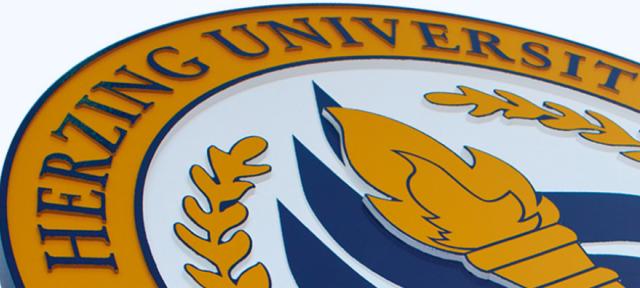Yes, however these practicums are very hard to find, they may be easier to find for the 2nd year specialized practicum.
All practicums have activities that can be completed away from the practicum, but this does not make up majority of the hours.
Update your Zip code, preferred campus, and preferred program

Yes, however these practicums are very hard to find, they may be easier to find for the 2nd year specialized practicum.
All practicums have activities that can be completed away from the practicum, but this does not make up majority of the hours.
Any agency that employs social workers or similar professionals and allows you to meet the 9 competencies of social work education.
Students have completed practicums at hospitals, schools, behavioral health hospitals, counseling agencies, community action agencies, substance recovery programs, residential facilities, and colleges.
Yes. Schedules are encouraged to be consistent, and some agencies may have more restrictions on scheduling than others. When seeking a good fit for your practicum, this conversation may be important during your initial discussion with agencies regarding scheduling. Ultimately, your base schedule is worked out between the student, agency, field instructor and Practicum Liaison. You also receive clock hours for supervision and approved hybrid activities can be added to your learning plan.
Yes. You can have Task Instructor who is a similar degree or background and provides day-to-day supervision.
You would need to work with the Director of Field to locate an external Field Instructor who can provide a weekly supervision and attend site visits and provide evaluations. Herzing does pay Field Instructors, so this is a helpful incentive.
First, we will make every effort to help you find your practicum placement. If this does happen, the student would not be enrolled in the agency practicum course, but you will still be enrolled in your classroom courses per your full-time or part-time schedule. You may take your agency practicum the following semester. Keep in mind this would likely delay graduation.
Yes! Through contact with the Director of Field and Practicum Readiness course, the student and Director of Field will work to find a placement that is the best fit for you and also meets our program requirements. Finding placement is a collaborative process in which you are encouraged to find placement ideas that fit their areas of interest in your local community. The Director of Field may also provide current partner agencies that are willing to host a student for practicum.
Yes, this is a possibility if you work in a setting that provides social work services and your employer will support activities and tasks that support your continued development as a social work practitioner. Employment-based settings require approval from the Director of Field Education. Students are required to submit the application for employment-based practicums.
Herzing has a hands-on policy for supporting students and students are encouraged to explore agencies in their community which they are interested in completing a field practicum. The Director of Field Education and Herzing faculty are there every step of the way to ensure you have an agency practicum setting to begin your field education. The step-by-step process from the Field Education Handbook reads:
Students will have completed an 8-week practicum readiness training.
Two-year students must pass MSW510 and MSW520.
2nd year advanced standing students must complete MSW600, MSW610, and MSW620.
U.S. News & World Report has again ranked Herzing University's online learning programs among the best in the nation, now for the eleventh consecutive year.